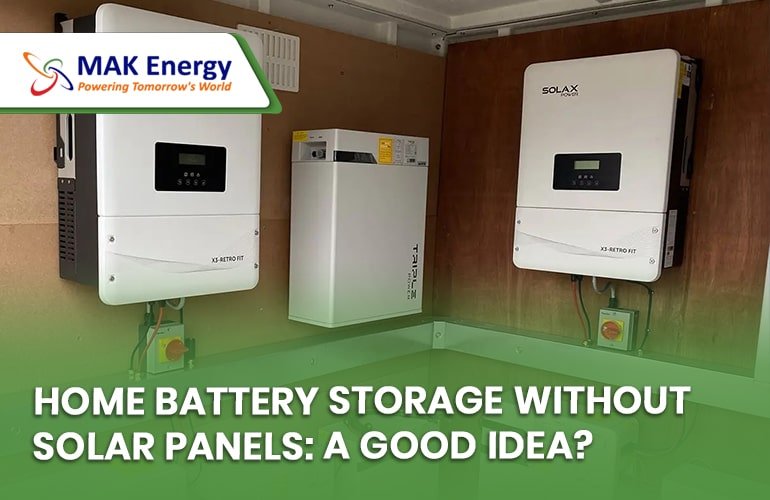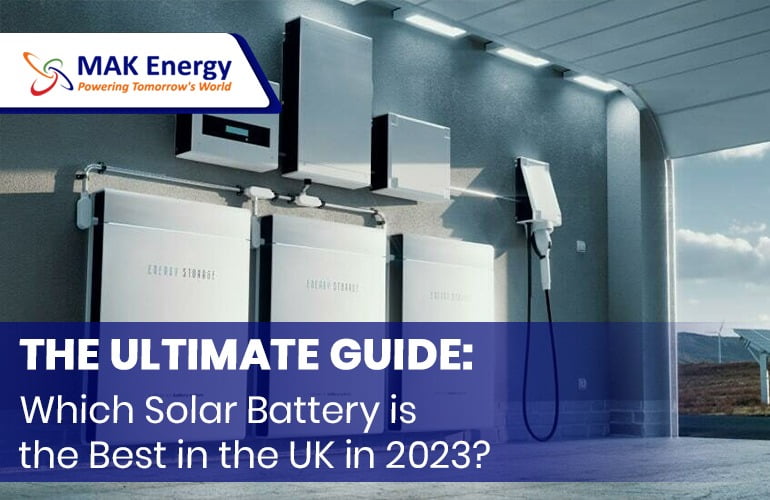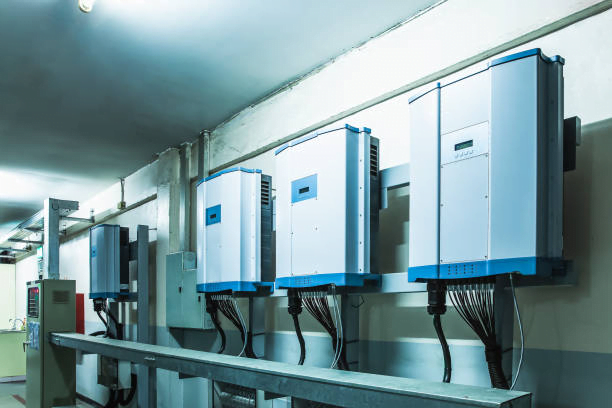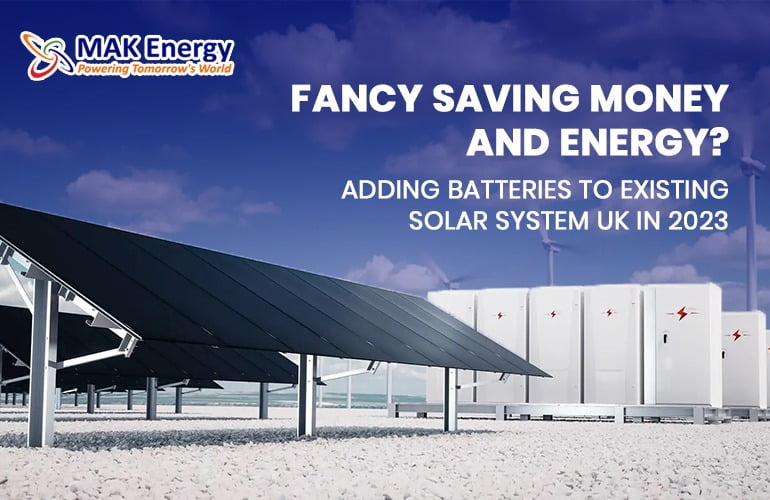Thousands of households in the UK utilize batteries as backup options for energy storage. A significant portion of these battery users charge their batteries using solar panels. However, listen carefully! If you wish to add batteries as a backup option but haven’t installed solar panels on your roof for any reason, you can still incorporate home battery storage in UK without solar.
Many people are unaware that home battery storage without solar still offers numerous benefits. We have outlined these advantages and highlighted why opting for home battery backup in UK without solar panels is a good idea.
- Key Notes
- What is Battery Energy Storage System?
- Does a Storage Battery Work Without Solar Panels?
- Why Home Battery Storage UK Without Solar Panels a Good Idea?
- How Much Does a Home Battery Storage UK Without Solar Cost?
- Can I Add Solar Panels to a Battery System at a Later Date?
- Is Battery Storage Without Solar Worth It?
- How Much Can You Save By Installing Home Battery Storage Without Solar Panels in UK?
- Conclusion
If you would like to know the cost of home battery storage without solar in the UK, please get in touch with us. We will provide thorough guidance based on your requirements and needs.
Key Notes
- Home battery storage systems are becoming increasingly popular even without solar panels. In 2022, the global residential energy storage market reached 16 gigawatt-hours (GWh), with projections of continued growth.
- Homeowners can use battery storage to store cheaper off-peak electricity for later use, reducing reliance on the grid during expensive peak hours.
- Home battery systems offer backup power during grid outages, enhancing grid resilience in blackout-prone areas.
What is Battery Energy Storage System?
Battery storage, also known as an energy storage system, involves the process of storing electricity in batteries. The energy stored in a battery system can come from the grid or renewable energy sources such as solar panels or wind energy. This stored energy can be utilized during peak hours or in the event of a power outage.
Does a Storage Battery Work Without Solar Panels?
Yes, a storage battery can function properly without solar panels. However, you will need to charge your batteries from an alternative source, such as grid electricity, which can be quite expensive. The advantage of having a battery storage system is that you can utilize its power during peak hours or in case of a power outage.
However, it’s important to note that having home battery storage backup in UK without solar panels means you will still have to pay electricity bills even if you don’t rely on the grid during peak hours. While home battery storage without solar panels works well, it is highly recommended to install solar panels in order to reduce your overall electricity bills.
Why Home Battery Storage UK Without Solar Panels a Good Idea?
People may not be aware of the benefits of home battery storage systems without solar panels. However, there are multiple benefits to installing a home battery even without solar panels at home. Let’s discuss them one by one.
1. Reduce Your Electricity Bills.
Are you someone who wants to lower their electricity bills but doesn’t have solar panels installed on their roof? Don’t worry, a home battery storage system can provide you with a way to reduce your electricity costs. By utilizing a home storage battery, you can import cheaper off-peak power from the grid.
Throughout the day, there are several hours when electricity rates are lower. By charging your home batteries during these hours, you can effectively use them during peak hours when electricity rates are higher. All you need to do is program your battery storage system to charge from the grid during these specific hours.
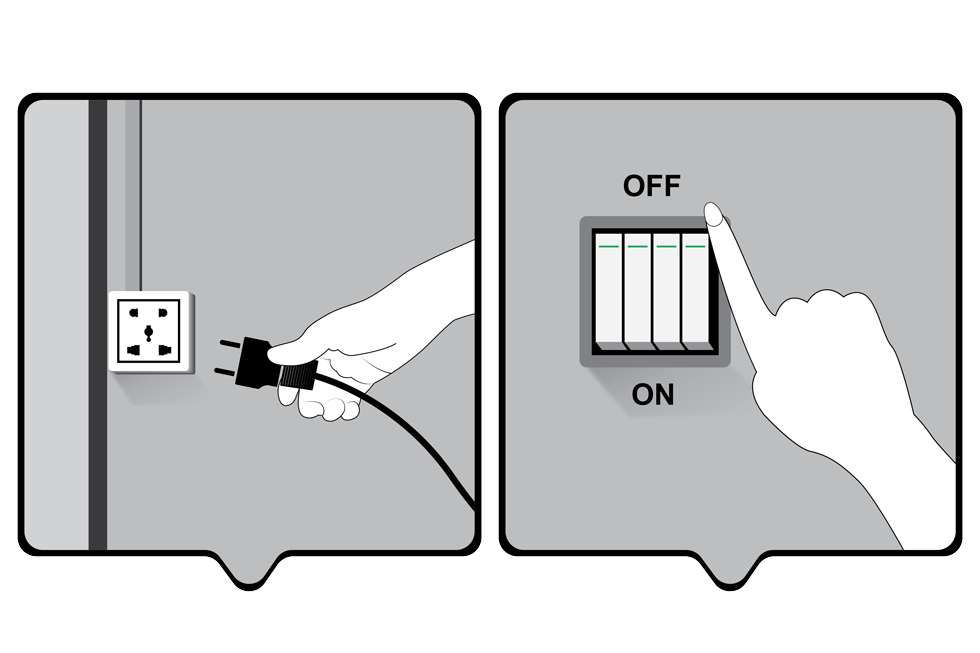
2. Provide Your Home with Backup Power Supply
Most homeowners in the UK use generators as a backup option in case of a power outage. However, generators are a costly means of generating electricity and do not provide uninterrupted power supply to homes. Home battery storage offers a cheaper alternative for power backup. Additionally, you can utilize the stored energy during peak hours of electricity consumption to lower your electricity bills.

3. Home Battery Storage Makes You More Energy Independent
If you live in an area where solar panels or other renewable energy sources are not viable, home battery storage is the ideal solution for achieving energy independence. With home battery backup system, you gain greater control over the energy you use and reduce your dependence on the grid, even without solar panels. It provides you with the freedom to manage your energy consumption more efficiently and become less reliant on external sources.
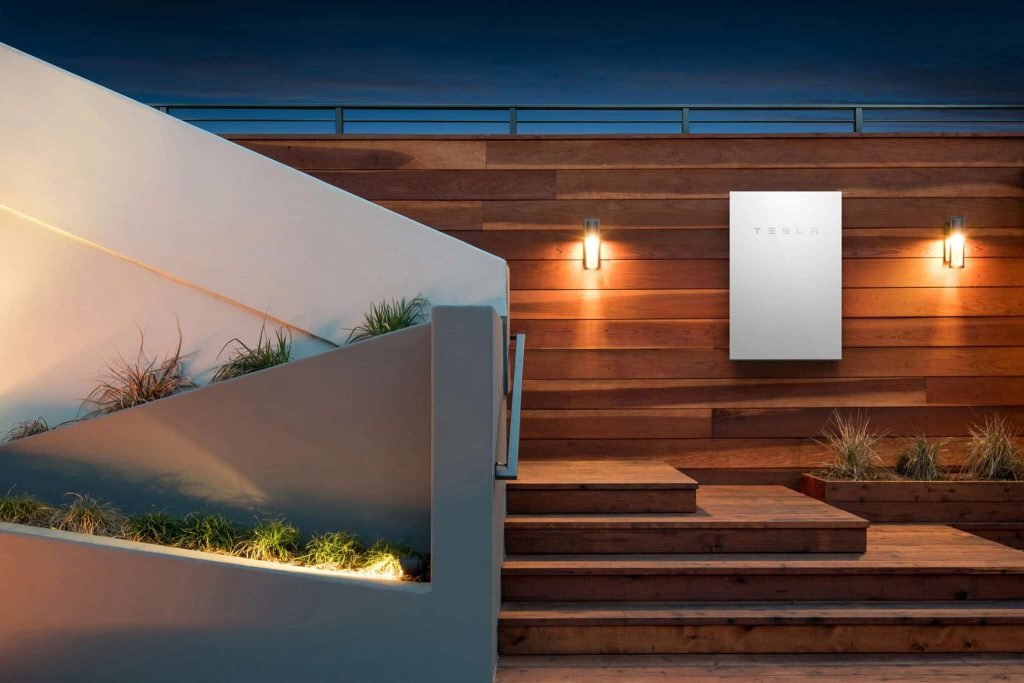
How Much Does a Home Battery Storage UK Without Solar Cost?
To install home battery backup storage system in UK homes, you need to set up an AC control and battery system. The VAT on these systems is 20%, while the VAT on solar panel installations is 0%. Therefore, the cost of a home battery storage system without solar panels in the UK can range from £4,000 to £11,000. The total cost depends on factors such as the battery size, your energy demands, the brand and technology chosen, as well as the installer. To get a rough estimate of how much a home battery without solar panels would cost in the UK, please contact us for a free quotation.
Can I Add Solar Panels to a Battery System at a Later Date?
Yes! It is possible to integrate renewable energy sources such as solar panels and wind turbines with your existing home storage system. The process of merging the battery system with solar panels, when performed by a qualified installer like MAK Energy’s, is straightforward and uncomplicated. This integration is commonly referred to as retrofitting. Additionally, you have the option to expand the battery storage system at a later date, allowing you to increase your backup energy capacity.
Is Battery Storage Without Solar Worth It?
Installing battery storage is an excellent way to become more environmentally friendly, achieve energy independence, and lower your electricity bills. If you reside in an area where solar panels or other renewable energy sources are not feasible, home battery storage without solar panels is a worthwhile option. It enables greater energy independence, reduces electricity costs, and provides uninterrupted power supply during outages.
How Much Can You Save By Installing Home Battery Storage Without Solar Panels in UK?
On average, it costs 17.99p per kWh to charge a battery from the grid. If you have an 8kWh battery, it will cost you approximately £1.44 to fully charge it. However, charging your battery during peak hours can increase the cost to £2.72. The amount of money you can save by installing home battery storage without solar panels will depend on factors such as the size of the battery, the number of batteries, and the duration of charging. On average, a home battery storage in UK without solar panels can save you around £200 annually.
Conclusion
Home battery storage systems in the UK, even without solar panels, offer a wide range of benefits including cost savings, energy independence, backup power, environmental sustainability, and flexibility. Homeowners can still enjoy these advantages regardless of limitations for solar panel installation, making it a valuable and worthwhile investment for their energy needs. Investing in home battery storage in the UK, particularly if solar panels are not suitable for your property, can be a wise decision. The cost of a home battery storage system in the UK typically ranges from £4,500 to £11,000.

